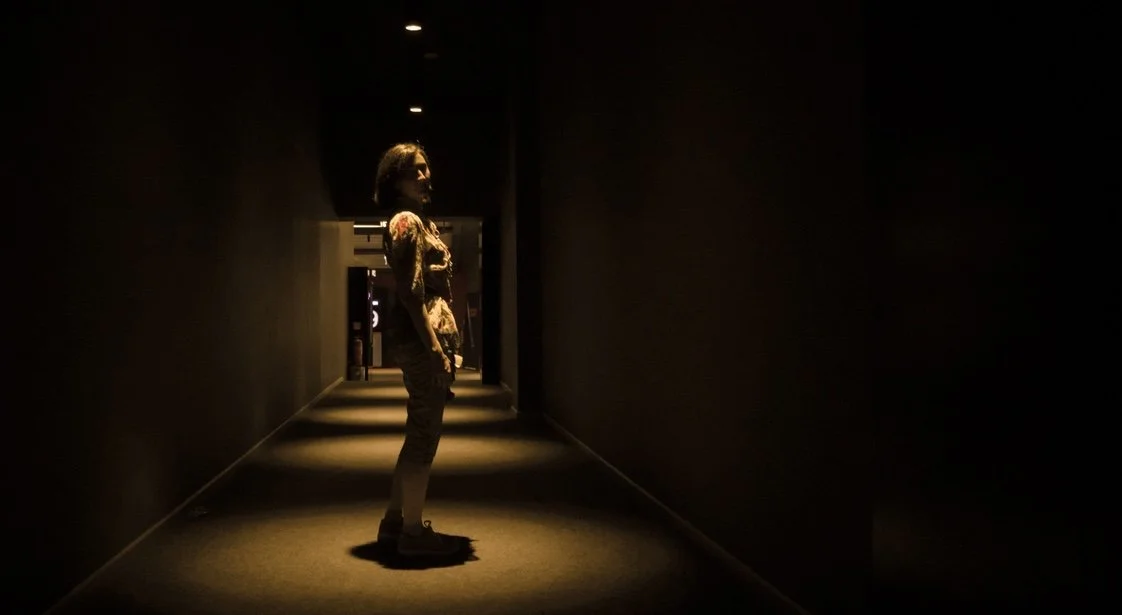Obvious but unspoken: Evelyn is going to die. (But maybe not soon)
Evelyn is going to die.
And even though this is an obvious reality, the starkness of the words in black type on a white screen begs for clarification.
So I’ll hurry to add we don’t believe her death is imminent. But a recent change in her daily pattern brought the reality into sharper focus for me. Evelyn is going to die.
Sleeping more
Two or three weeks ago she started sleeping more than usual—a lot more. After lunch every afternoon, aides found her asleep in her wheelchair, body bent and face planted on the dining room table. One day she fell asleep at the table after breakfast and slept through lunch. Every day they put her in bed until 4:15 or 4:30 when she finally opened her eyes and an aide helped her into her wheelchair for supper.
Some evenings she’s been sleepy again by 7:30 or sooner, and it seems she’s been sleeping through the night.
But then the new pattern changed again. As I write this, she’s stayed awake all afternoon three days in a row.
I’m not sure whether we were seeing normal disease progression or just a fluctuation in her responses. Everything has slowed for her. Maybe instead of good days and bad days, now she’ll have good weeks and bad weeks. I don’t know.
Her hospice nurse told me she once had a patient suffering with Alzheimer’s and Parkinson’s who would sleep 24-hours-a-day for three or four days in a row. Then she’d wake up and be perky for several days before retreating into sleepy days again. This pattern repeated for two years.
So my concern has been alleviated. But coming home from my vacation to see this new behavior made me face the truth: Evelyn is going to die.
Grasping reality
I’ve known this intellectually, of course. Places like Artis are the end of the road for most residents*. Just since Evelyn moved there about 18 months ago, at least 8 of the 15 residents in her hallway have died. Death is not a surprise at a facility such as this.
I remember the comment from a friend who had moved into a garden apartment at a nearby continuing care retirement community.
“We see ambulance lights coming down our street almost every night,” he said. ”It’s depressing.” Since that comment several years ago, my friend has died, too.
I’m surprised at myself for not being better able to take this latest development in stride. I’m surprised that my brain insists on seeing each new change in Evelyn’s condition as if there will be no more.
Enduring change
But there have been many, just since she moved to Artis. Then I didn’t imagine she’d soon be confined to a wheelchair. I didn’t foresee the day she’d need someone to feed her almost every bite. I wouldn’t have predicted how her fascination with newspapers and magazines would degenerate into staring at one page and reading aloud only random words.
I wouldn’t have pictured the afternoon I stood by her bedside last week, smiling at her when she fluttered her eyes open from a deep sleep, playing hymns for her on my phone, and singing some of them out loud, hoping to elicit some response.
I wouldn’t have predicted my reaction at seeing her seem so vulnerable and fragile, unmoving under the covers. I might have known such a scene would bring me to tears, but the tears that day surprised me.
I turned away from Evelyn and looked out her window till I could straighten up. When I came back to her, one tear remained on my cheek. Evelyn looked up, and whispered, “What happened?” It was the only sentence she spoke while I was with her.
Seeking comfort
It’s some comfort to believe she doesn’t see her current state as something happening to her. She’s not unhappy. She’s not in pain. She eats well, and her weight is steady. When she’s awake she smiles and interacts with visitors. She’s not demonstrating any of the anxiety that caused her doctor years ago to suggest giving her “Calm” CBD gummies several times a day.
But that’s changing, too. “It seems silly to administer the gummies when we’re having trouble keeping her awake,” the director of nursing told me last week. “With your permission, we’ll move them to ‘as needed.’”
Of course, and I’m guessing “as needed” won’t be very often. I’m not sure what I’ll do with the latest shipment of 80 gummies that arrived while I was out of town. It’s not the sort of thing you donate to a food bank or sell at a garage sale. Before this is all over, I may try them myself!
But it’s not over yet. And I’m wondering whether I can train myself to be a little less unnerved at whatever changes come next. No matter how well I do at that, I’m sure it won’t be easy for me when I must face the final change: from “Evelyn is going to die” to “Evelyn has passed away.”
*When an Artis resident needs skilled nursing care, they must move to a nursing home. We’ve seen this with several. Artis was not the end of the road for them, but it was pretty close to the end.

